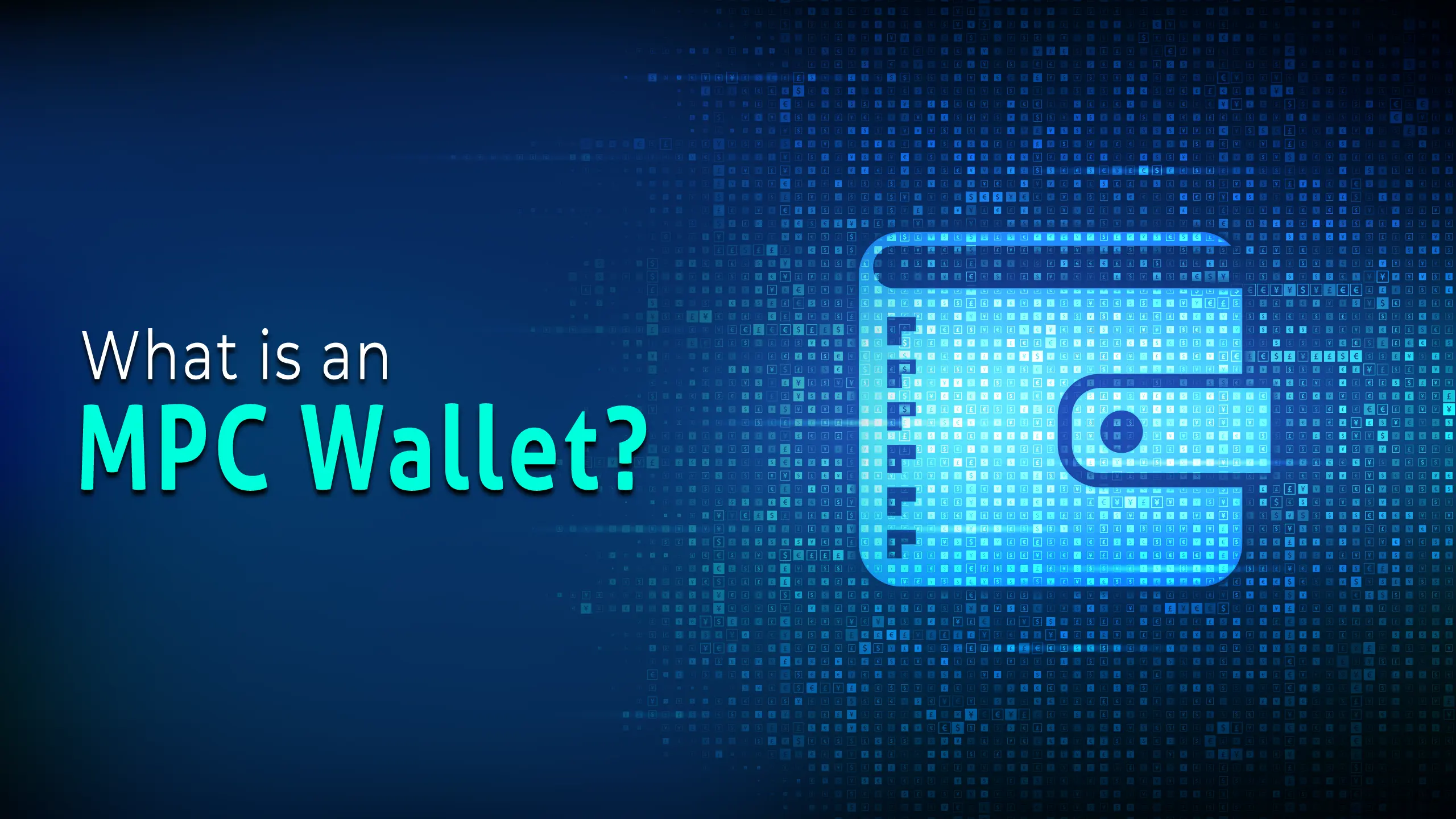Multi-party computation (MPC) or secure MPC (SMPC) serves as a crucial cryptographic security measure that empowers multiple parties to evaluate a computation without divulging any private or sensitive information held by each participant. With the rapid progress of technology and the widespread adoption of the Internet, safeguarding data security and preserving privacy has become increasingly challenging, particularly in scenarios where data is distributed across extensive networks. MPC emerges as a vital technique, offering a reliable solution to the intricate issues of data security and privacy, particularly within the realm of blockchain applications.
What is an MPC wallet?
An MPC wallet is an advanced cryptocurrency and digital asset wallet that leverages multi-party computation to provide robust security guarantees for individuals, businesses, financial institutions, and governments involved in managing digital assets.
MPC wallets represent the next stage in the evolution of institutional-grade wallets that allow multiple parties to exert control. Another contemporary implementation of such wallets is multi-signature (Multisig) wallets. Before we delve further into the advantages and disadvantages of adopting an MPC-based wallet, let’s first explore the factors that set MPC wallets apart from Multisig wallets.
What are the Advantages of the MPC Wallet?
MPC technology in wallets offers numerous advantages. These include:
Data Privacy
the data is safeguarded through encryption both while at rest and in transit. This stringent measure guarantees that no private information is ever exposed or compromised.
Trusted Third Party
A trusted intermediary enables the distribution of data without the involvement of any additional third parties.
Removes single points of failure (SPOF)
Private keys are intentionally decentralized and not stored in a singular location
High accuracy
Using cryptography, MPC delivers remarkably precise outcomes for a wide range of computations.
Difficult for Hackers
To compromise the system, a hacker would be required to launch attacks on multiple parties located across various systems and locations.
Less reliance on cold-storage
Users are now able to securely retain their assets solely online, eliminating the necessity for cold storage devices.
Which Web3 Wallets Use MPC?
A plethora of organisations, such as ZenGo, Fireblocks, and Coinbase, offer web3 wallets that leverage the remarkable advantages of MPC technology.
ZenGo
In 2019, ZenGo made history as the pioneering MPC wallet designed for consumers. Fast forward to today, and ZenGo proudly serves over 700,000 customers worldwide. With its unwavering commitment to innovation, ZenGo offers multichain support, round-the-clock live customer service within the app, and a secure platform. In early 2022, ZenGo made a groundbreaking announcement by introducing MPC security to everyday users, enabling them to access web3-native applications effortlessly. This milestone was achieved through the implementation of advanced web3 firewall technology, providing enhanced security for transaction approvals.
Previously, the realm of web3 remained exclusive to traditional non-custodial wallets. However, these wallets posed challenges, such as complexity, confusion, difficulty in recovery, and vulnerability to private key breaches. By seamlessly integrating with the open-source WalletConnect protocol and the Ethereum network, ZenGo’s wallet has opened doors to a multitude of decentralised applications in web3.
Fireblocks
Fireblocks stands as a leading custodian of digital assets for institutions, providing a state-of-the-art MPC wallet that seamlessly integrates with more than 30 blockchain protocols and an extensive array of 1,100 tokens. By harmonising MPC technology with the robust isolation offered by hardware, Fireblocks empowers institutions with a truly fortified MPC wallet. This advanced solution not only amplifies security measures and upholds service level agreements (SLAs) but also achieves remarkable reductions in transaction costs.
Coinbase
Coinbase’s MPC wallet, a prominent offering in the realm of public crypto exchanges, provides a secure and reliable gateway for a vast and ever-growing number of users to access the thriving web3 ecosystem. Developed in-house, the MPC system deployed by Coinbase demonstrates unwavering support for both ECDSA and EdDSA protocols. This commendable feat empowers the wallet to effortlessly handle cryptographic signing for virtually any blockchain, all while ensuring users are exempt from gas transaction fees, thanks to its ingenious zero overhead mechanisms.
Beyond the conventional functionalities of buying, selling, and holding cryptocurrencies, users can explore an array of other product categories through the dApp wallet. Moreover, the enhanced wallet is poised to extend its compatibility beyond the Ethereum Virtual Machine (EVM) to encompass a multitude of blockchains, including the highly regarded Solana network.
Summing It Up!
Are you prepared to seize the benefits of MPC wallets?
Don’t delay any longer! Web 3.0 India stands out as a leading company in the development of MPC wallets, crafting robust and reliable solutions that are fully customizable while delivering an intuitive user experience. Web 3.0 India takes great pride in its expertise as a crypto wallet development pioneer, catering to the diverse requirements of businesses seeking to integrate blockchain technology into their operations and unlock their full potential.
Our dedicated MPC Wallet Developers are ceaselessly focused on harnessing the power of Blockchain Technology, enabling you to achieve remarkable results in the shortest possible time frame. Elevate your wallet experience by embarking on the development of your feature-rich MPC wallet today.




